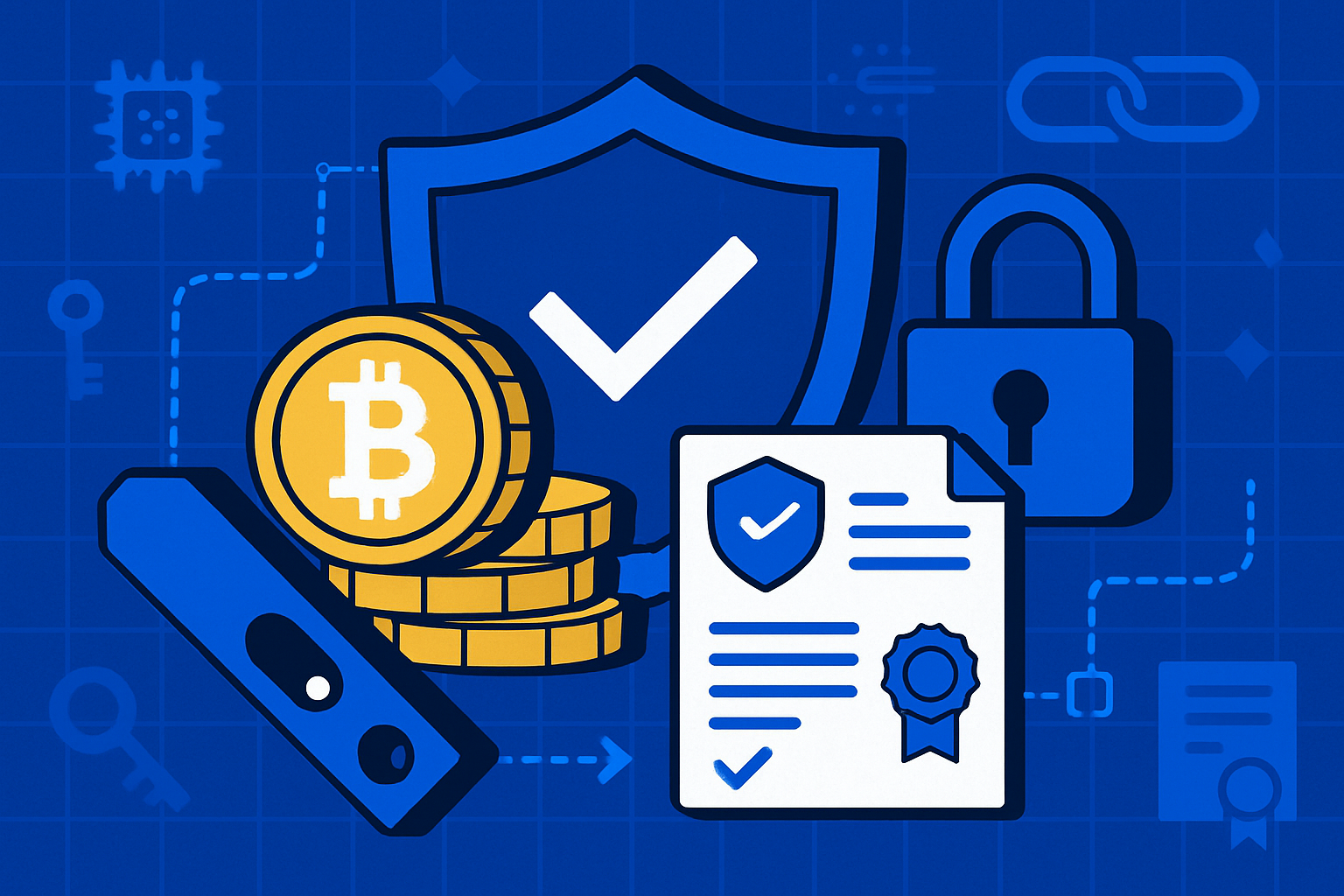
Virtual real estate has long promised to reshape how we interact with digital worlds, but few platforms have captured the imagination of NFT investors and gamers quite like EarthMeta. As of October 2025, EarthMeta is at the center of a surge in NFT city ownership, offering users not just the bragging rights of digital governance but a genuine opportunity for passive income through its innovative tax-based economy. With 200 NFT cities now launched and active, EarthMeta is rapidly becoming a case study in how metaverse platforms can blend game mechanics, economic incentives, and real-world governance models.
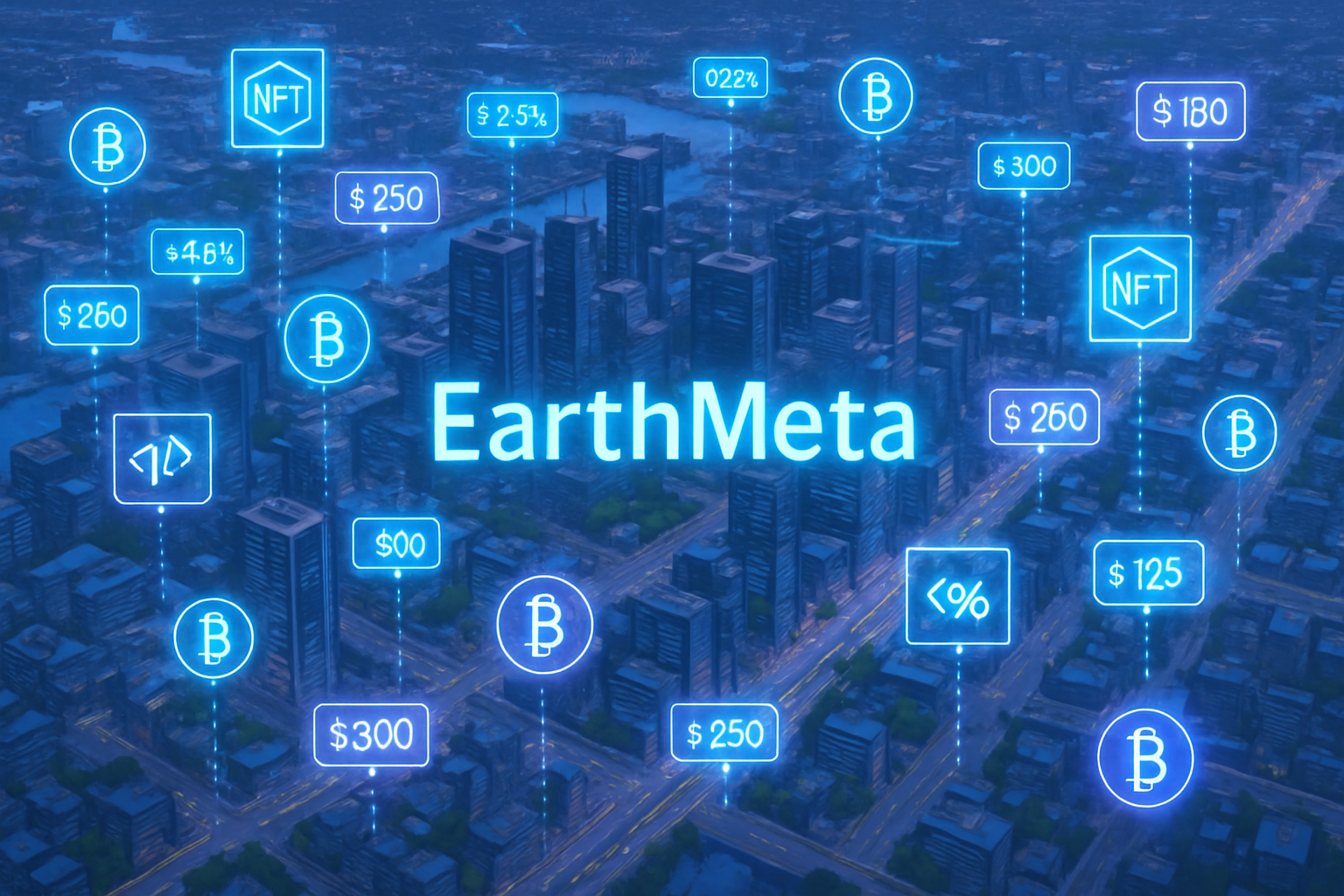
EarthMeta’s New Model: Own, Govern, Earn
The core appeal of EarthMeta NFT city ownership lies in its unique structure. When you purchase a city NFT on EarthMeta, simply by clicking your chosen city, hitting “Buy City NFT, ” and connecting your wallet, you instantly become that city’s Governor. This isn’t just symbolic. Governors are entitled to set policies within their jurisdiction and collect a 1% tax on every transaction that takes place within their city boundaries. Whether it’s land sales or asset trades between players, every deal generates revenue for the Governor.
This model effectively turns each city into its own micro-economy. The more vibrant the local economy, the more active the trading, the higher the passive income potential for Governors. According to data from Analytics Insight, this approach mirrors real-world municipal finance in an entirely digital context, opening up new frontiers for both play-to-earn enthusiasts and strategic investors.
The Hierarchy: From City Governors to Country Presidents
What sets EarthMeta apart from earlier metaverse projects is its layered governance system. If you accumulate enough assets across multiple cities within one country, or simply outmaneuver your competition, you can ascend to the role of President. This prestigious position grants an additional 0.5% tax on all national transactions, incentivizing large-scale strategy and collaboration among city owners.
This hierarchical model transforms passive ownership into active engagement. City Governors must not only attract residents and foster economic activity but also compete for dominance at the national level. The result is a dynamic interplay between local development and broader geopolitical strategy, something rarely seen in NFT-based economies before now.
Key Benefits of Owning an EarthMeta City NFT
-

Earn Passive Income from Every Transaction: City NFT owners receive a 1% tax on all virtual land and asset sales within their city, creating a steady stream of income directly to their connected wallet.
-
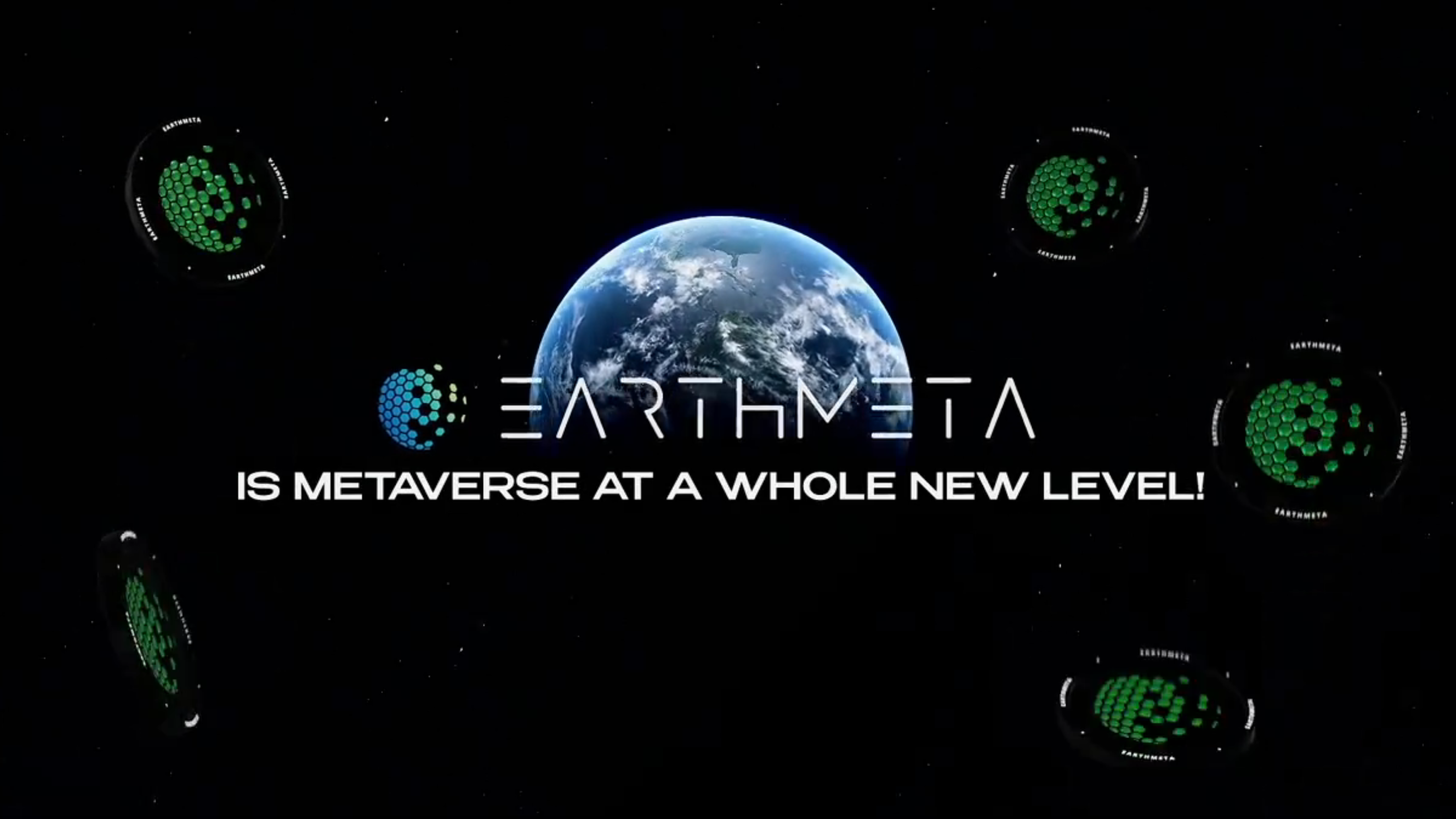
Govern and Shape Your Virtual City: As a City Governor, you gain exclusive rights to set policies, manage development, and influence the city’s economy—mirroring real-world governance, but in the metaverse.
-

Unlock Additional Rewards as Country President: The Governor with the highest cumulative asset value in a country becomes President, earning an extra 0.5% tax on all national transactions—a unique hierarchical incentive.
-
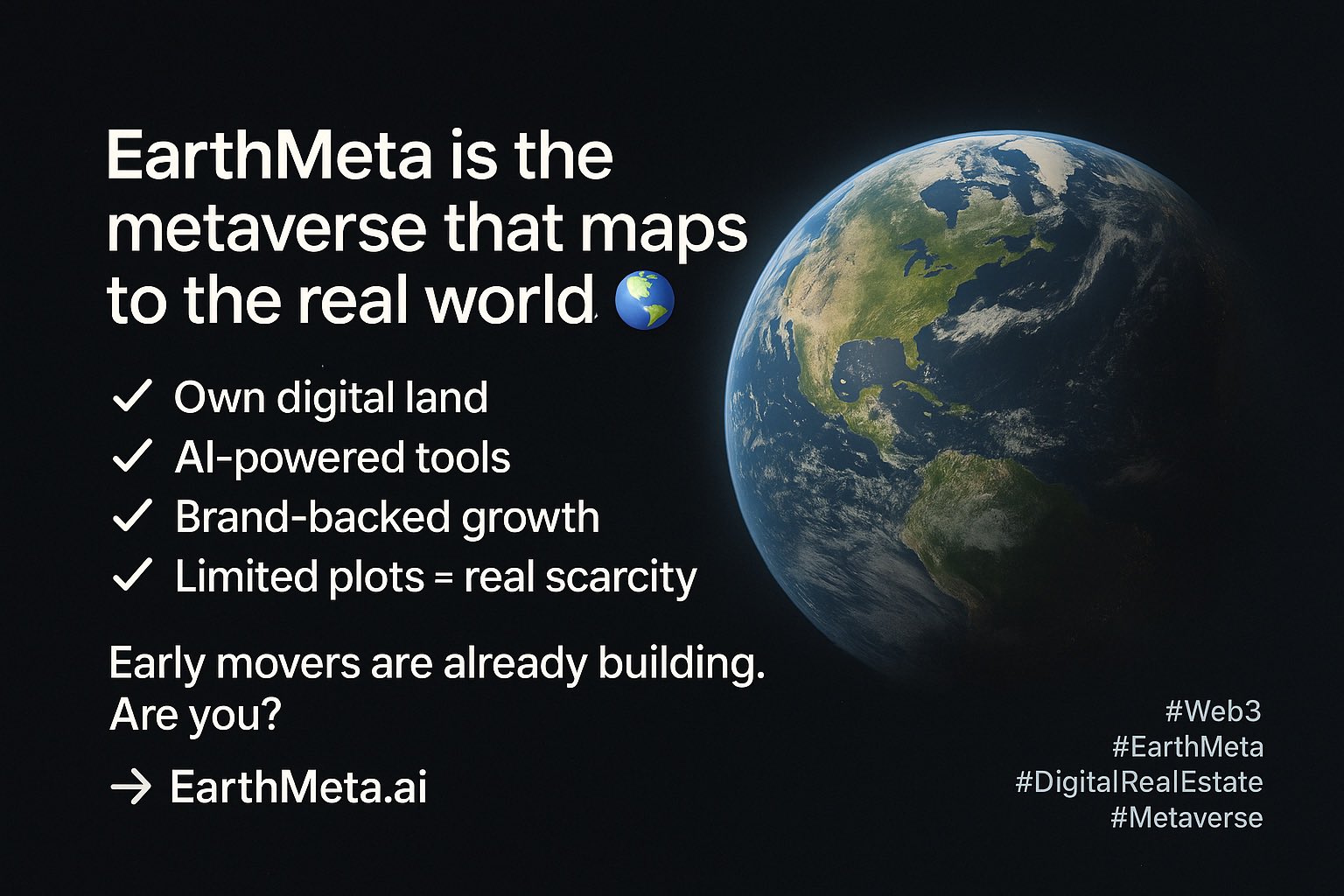
Participate in a Thriving, Scalable Ecosystem: With 200 digital cities launched and an expanding user base, EarthMeta offers high transaction volume potential and a dynamic, growing marketplace.
-

Lower Entry Barriers and Fast Transactions: Compared to traditional metaverse real estate, EarthMeta features affordable city NFTs, low transaction fees, and rapid processing—making it accessible for a broader range of investors.
NFT Passive Income Metaverse: Real Earnings, Real Strategies
The question on every investor’s mind is simple: Does this model really pay? Early adopters report earning anywhere from modest sums to hundreds of dollars per week purely from transaction taxes, figures confirmed by community testimonials and YouTube breakdowns analyzing ROI scenarios in detail. The platform’s transparent tax system means that as trading volume increases across EarthMeta’s 200 digital cities, so too does the earning potential for both Governors and Presidents.
Importantly, entry costs remain accessible compared to legacy metaverse projects like Decentraland or The Sandbox, a factor cited by Analytics Insight as crucial for onboarding new users into the world of NFT passive income metaverse. With low transaction fees and fast processing times, even small-scale investors can participate meaningfully in shaping these digital economies.
As more users flock to EarthMeta, competition among Governors intensifies. City owners are deploying creative strategies to boost transaction volumes within their jurisdictions, from hosting exclusive in-game events to offering incentives for land developers and traders. This has led to a vibrant marketplace dynamic where active management directly impacts tax revenue streams. The platform’s built-in analytics tools allow Governors to monitor transaction flows and identify growth opportunities, making city governance a blend of economic stewardship and community building.
For those aiming even higher, the President’s seat is a game-changer. By consolidating influence over multiple cities within a country, ambitious players unlock an additional 0.5% national tax on every transaction, a meaningful boost as overall trading activity scales up. This creates a clear incentive for collaboration or even strategic alliances among city Governors seeking to dominate the country leaderboard.
Navigating Risk and Reward: What Investors Should Know
While the passive income model is compelling, it’s not without its risks. Like any NFT-driven economy, EarthMeta’s success hinges on sustained user engagement and transactional activity. If trading volume stagnates or speculative interest wanes, so too will potential returns for Governors and Presidents. However, by tying revenue directly to actual economic participation rather than mere asset appreciation, EarthMeta offers a more resilient model than many prior metaverse projects.
Essential Tips to Maximize NFT Tax Earnings on EarthMeta
-

Strategically Acquire High-Traffic Cities: Focus on purchasing city NFTs with high transaction volumes, as Governors earn a 1% tax on every sale within their city. Cities with active trading and development offer greater passive income potential.
-

Optimize City Development and Engagement: Encourage land development and community events in your city to drive more transactions. Active cities attract more buyers and sellers, increasing your tax revenue.
-

Aim for Country-Level Dominance: If you become the top Governor by cumulative asset value in a country, you ascend to President and unlock an additional 0.5% tax on all national transactions. Consolidate your holdings for this lucrative role.
-

Leverage EarthMeta’s Governance Tools: Use in-platform governance features to set favorable policies, manage economic activity, and foster growth. Proactive governance can boost city activity and, in turn, your tax earnings.
-
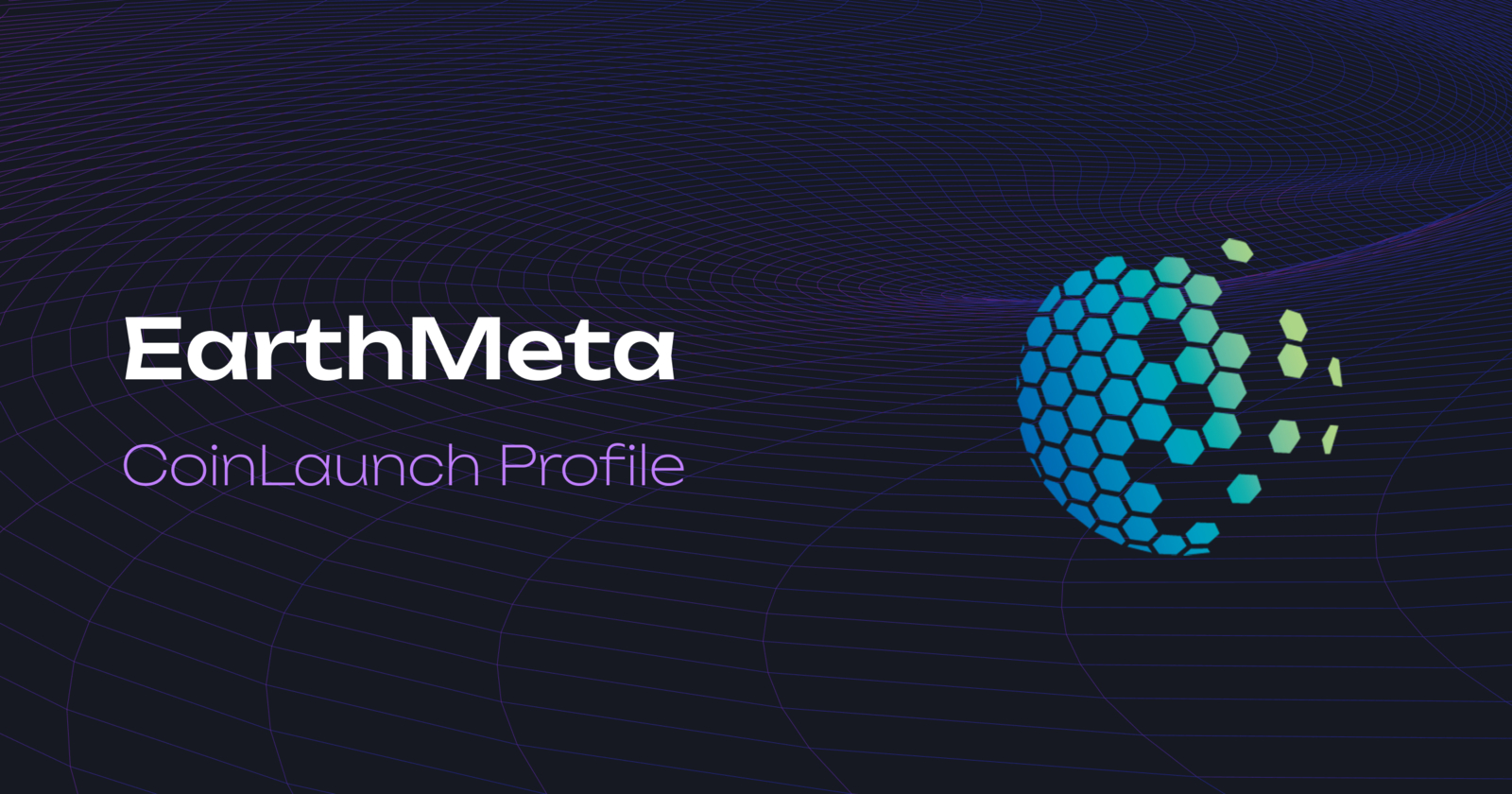
Monitor Market Trends and Platform Updates: Stay informed about EarthMeta’s latest features, transaction trends, and community initiatives. Adapting quickly to new opportunities can help you maximize your passive income.
Community feedback also highlights the importance of governance transparency and fair play. The platform’s whitepaper outlines mechanisms for dispute resolution and policy changes at both local and national levels, crucial safeguards as real money is at stake. Active Discord channels and governance forums further support ongoing dialogue between users and developers.
The Future of Limited Country NFTs: Scarcity Meets Utility
A defining feature of EarthMeta is its limited supply of country NFTs, each representing a finite number of cities within its borders. This scarcity underpins long-term value as demand rises for both ownership rights and governance roles. Unlike open-ended virtual worlds where new land can always be minted, EarthMeta’s capped geography ensures that early adopters retain significant influence over future economic development.
Looking ahead, the platform’s roadmap includes expanded customization options for city infrastructure, integration with external NFT assets, and enhanced interoperability with other metaverse ecosystems. These innovations are set to deepen user engagement while reinforcing the core appeal: earning NFT passive income by governing virtual countries.
Whether you’re an investor seeking yield or a gamer drawn by strategic gameplay, EarthMeta represents one of 2025’s most intriguing experiments in digital sovereignty, and one that may well shape how we think about property rights in the metaverse era.





